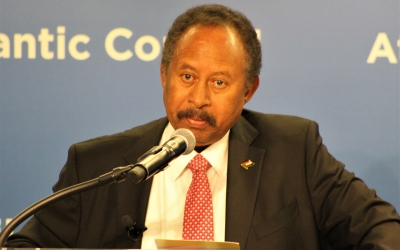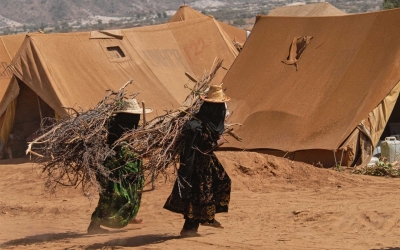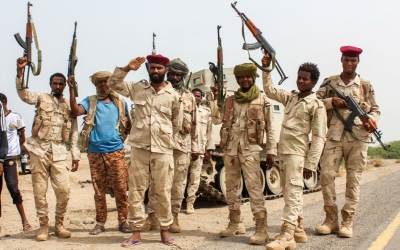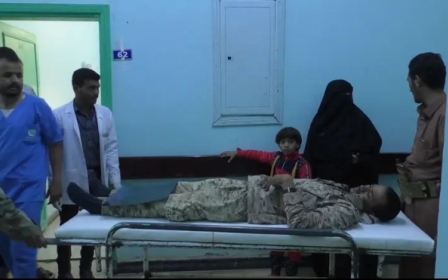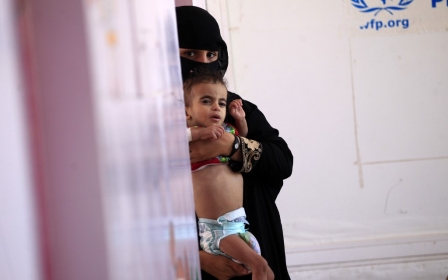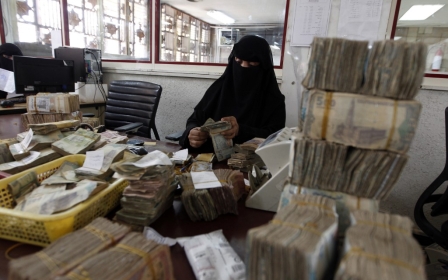Yemeni residents welcome withdrawal of Sudanese troops from port city Mocha
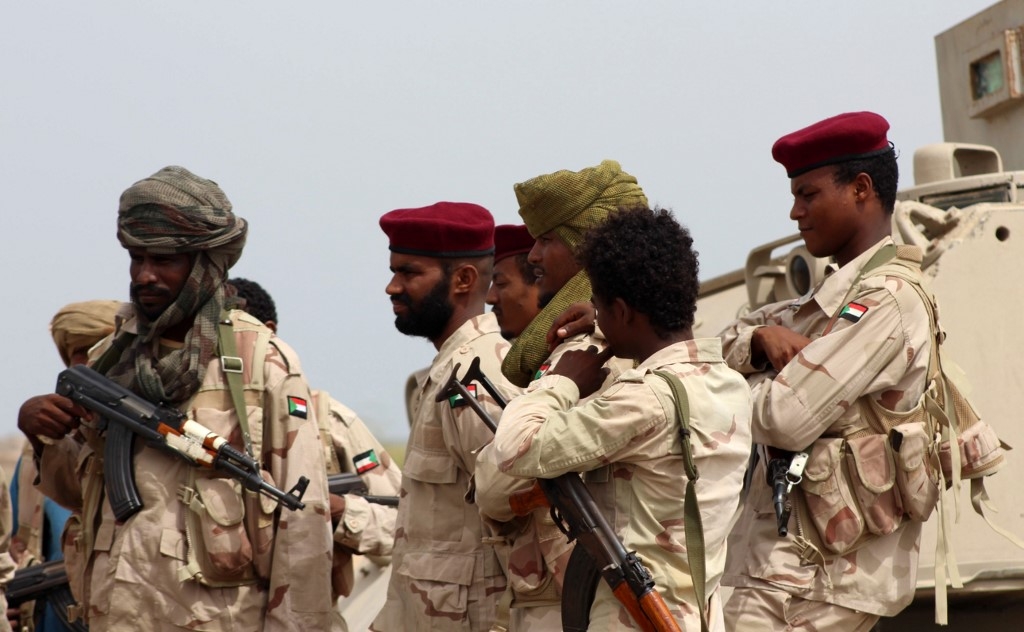
Saudi-backed Sudanese troops have finally withdrawn from the southwestern Yemeni port city of Mocha after years of fighting on the frontlines, residents told Middle East Eye.
The withdrawal comes one month after Sudan’s new civilian prime minister, Abdalla Hamdok, pledged to withdraw his country’s troops from Yemen, as the Saudi-led military intervention in the country fast approaches five years.
Hamdok is leading a transitional government in a power-sharing agreement with Sudan's military.
Sudan entered the conflict under the leadership of longtime autocrat Omar al-Bashir, who was toppled in April after months of protests.
Prior to the Sudanese forces' withdrawal, residents of the west coast of Yemen had often expressed anger over their presence, accusing the troops of a range of abuses, including rape and looting.
New MEE newsletter: Jerusalem Dispatch
Sign up to get the latest insights and analysis on Israel-Palestine, alongside Turkey Unpacked and other MEE newsletters
“They were a nightmare in Mocha,” one resident of the city, Akram Hamid, told Middle East Eye.
“When the Sudanese forces entered our village in the outskirts of Mocha, they looted the whole village and stole my motorcycle, wrongly accusing us of being Houthis,” he said.
Sudanese soldiers have been fighting with a western-backed, Saudi-led coalition that intervened in Yemen in 2015 to reinstate the government of Abd Rabbu Mansour Hadi shortly after he was ousted by Houthi rebels from the capital Sanaa.
Sudan has reportedly provided the largest number of foreign troops to the coalition, estimated to be around 30,000.
The Sudanese fighters have suffered heavy losses, being deployed along hot frontlines, but they played a key role in capturing strategic western territory from the Houthis.
They have been drawn principally from the Rapid Support Forces (RSF), a paramilitary group previously known as the Janjaweed - the armed forces accused of carrying out war crimes in Sudan's Darfur region in the 2000s.
Yemeni soldiers who replaced Sudanese troops in Mocha, however, are thankful for their role in defeating the Houthis.
“I thank the Sudanese fighters for their role in Yemen,” Abdulqayoum, a Yemeni soldier in Mocha, told MEE.
“No one could deny that they played a main role in the liberation of the western coast, even if they committed mistakes,” he said.
'They looted homes'
Akram Hamid, a vegetable seller, recalls how his motorcycle was stolen, only for him to later find it for sale at a local market.
When he asked its seller where he got it from, he said he bought it from a Sudanese fighter.
“No one could confront the Sudanese soldiers. They moved around with their weapons and are known for their physical strength,” he said.
He said the Sudanese fighters used to sell bullets in markets, and “used to storm homes for nothing but looting”.
“The withdrawal of the Sudanese forces from Mocha was a dream for all people in the western coast.”
Residents, however, welcomed the arrival of Yemeni forces in 2018.
Hamid said the arrival of forces led by Tareq Saleh, the nephew of late president Ali Abdullah Saleh, gave residents “a glimmer of hope”.
“Tareq’s forces were helpful from the first day. When we raise a complaint to them, they solve it,” Hamid added. “That is why some residents of the western coast joined Tareq’s forces.”
‘No more foreigners on the frontlines’
Following the withdrawal of the Sudanese forces, the Republican Guards replaced them under Tareq Saleh's leadership, under the command of Emirati forces in Mocha seaport.
“The withdrawal of the Sudanese forces did not leave any gap in the battles of the western coast as some professional fighters replaced them,” Abdulqayoum, the Yemeni fighter, told MEE.
“The Emirati forces trained us very well to fight on frontlines, and we successfully replaced the Sudanese.”
Many Yemeni fighters fled from Houthi-controlled areas and joined Tareq Saleh’s forces in the western coast, believing he had enough experience to lead the battles, according to Abdulqayoum.
Being Yemeni, the soldier said, has earned Tareq's troops more credibility than the Sudanese.
“We are best placed to liberate our lands because we are Yemenis.”
Abdulqayoum said that apart from Emirati leaders in Mocha seaport, the fighting is now carried out exclusively by Yemenis.
“I can confirm that there are almost no foreign fighters on the frontlines,” he said.
Mohammed Ali, a journalist in Taiz city, believes that Sudan has changed since Bashir's ouster. The new government will not allow its soldiers to work in Yemen as mercenaries anymore, he said.
“We all know that Sudanese fighters joined the Yemen war for the sake of money,” Ali told MEE.
Ali added that the footage of Sudanese captives published by Houthis in November prompted Hamdok to expedite the withdrawal of troops.
“The new prime minister took a step in the right direction to withdraw fighters from Yemen, as he believes in a peaceful solution to the conflict.”
Middle East Eye delivers independent and unrivalled coverage and analysis of the Middle East, North Africa and beyond. To learn more about republishing this content and the associated fees, please fill out this form. More about MEE can be found here.


